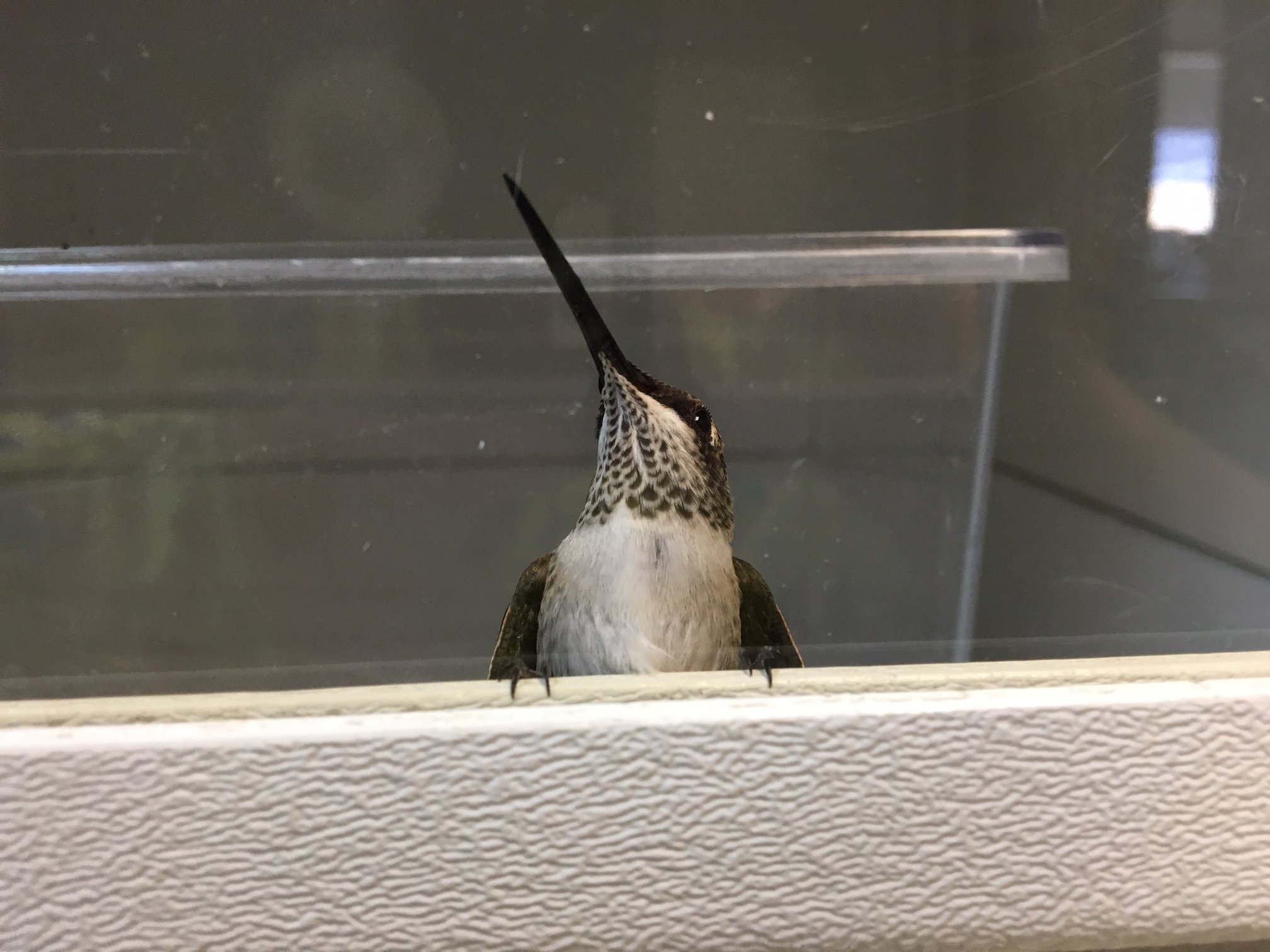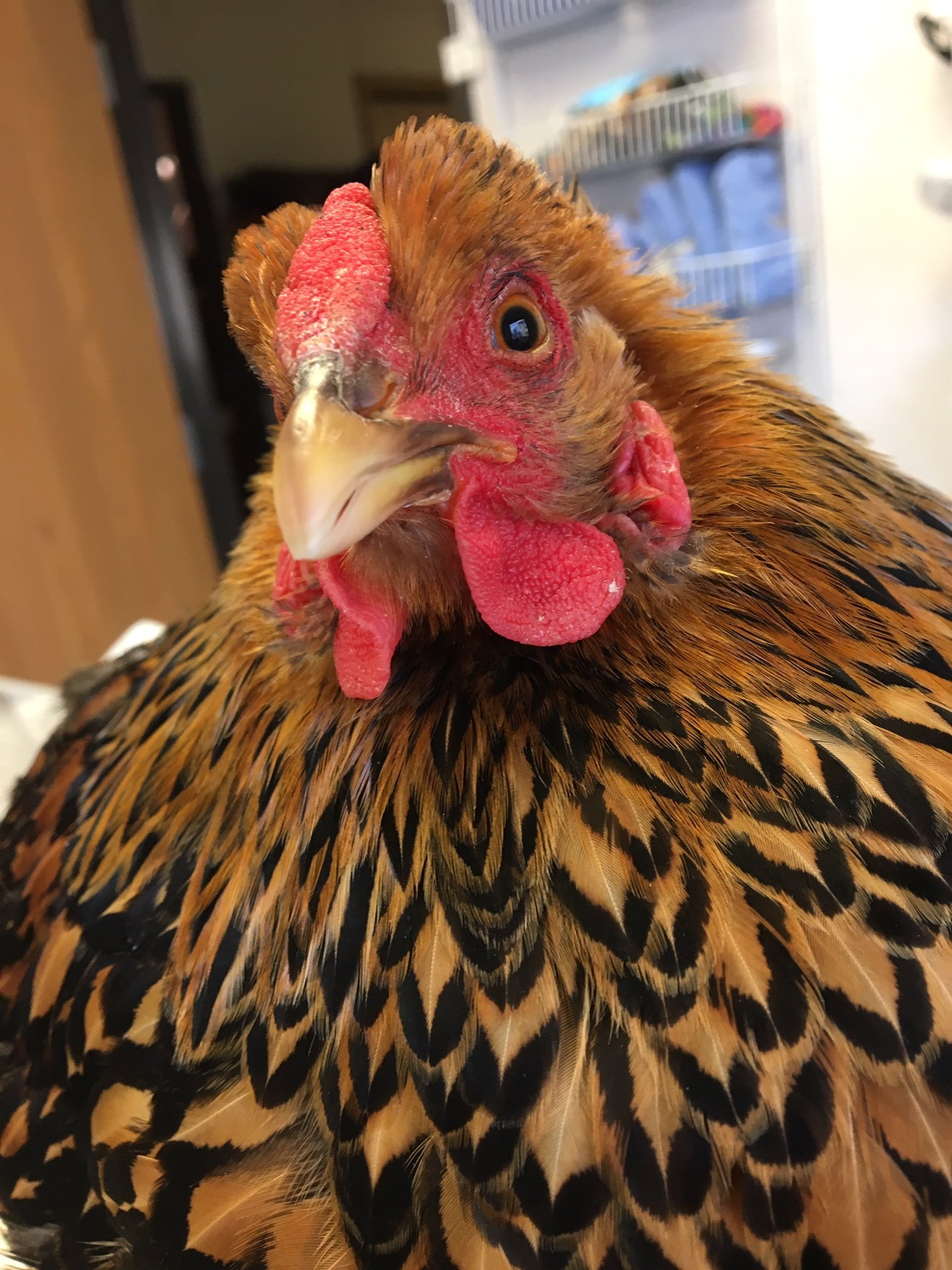Highly Pathogenic Avian Influenza.
Avian Influenza (Also known as “Fowl Plague”) has been in the news quite a bit lately, and it understandably has people concerned. We at WEPC have compiled this info for your benefit.
What is Highly Pathogenic Avian Influenza?
There are two forms of Avian Influenza, Low Pathogenic, and High Pathogenic. Low Pathogenic is more common, and less severe, and there is a vaccine available that is commonly used in commercial settings. High Pathogenic is much more severe, and there is no vaccine available at this time. It has a high mortality rate, and can present in any birds, be it farm fowl, songbird, or parrot. There is concern for this virus to mutate and become contagious to humans as well.
How is it spread?
Ingestion or Inhalation of the virus.
Exposure to contaminated equipment or clothing.
Exposure to an infected bird or fecal matter.
What are the symptoms?
Symptoms are highly variable, and there is no one “sure-fire” diagnostic symptom. Some symptoms they can present with are;
Variable Morbidity and mortality
Ocular, oral, and/or nasal discharge (weeping of the eyes, mouth, and/or nose), can present with blood tinging.
Sinus irritation/swelling
Struggling to breathe
Discoloration of mucus membranes (tongue, gums, cloaca) usually resulting in a blue or purple color.
Edema (Fluid retention) of the head, comb and wattle.
Spotty hemorrhaging of the legs and feet resulting in red pinprick spots.
Green diarrhea
Neurological symptoms
What can you do to mitigate risk and spread of the virus to your birds and wild birds?
Keep your distance from wild birds, do your best to not invite them to your property (Remove any bird baths, feeding stations, etc. for the time being.)
Keep your yard and enclosure clean of any fecal matter, and thoroughly wash any feeding and water dishes regularly.
DO NOT BRING NEW BIRDS INTO YOUR HOME AT THIS TIME! If you must, keep them quarantined from your existing flock for AT LEAST 4 weeks. Practice strict Bio-security when caring for quarantined birds vs existing birds, wash hands thoroughly between interactions, do not cross contaminate dishes, food, bedding, etc.
Report sick birds to your state vet (Utah: 801-982-2200) or the USDA Veterinary Service Office (866-536-7593)
Sources
Highly Pathogenic Avian Influenza (HPAI; “High Path AI”) from AAV
Zoonotic Diseases in Backyard Poultry: How to Keep Your Family Safe! from AAV


